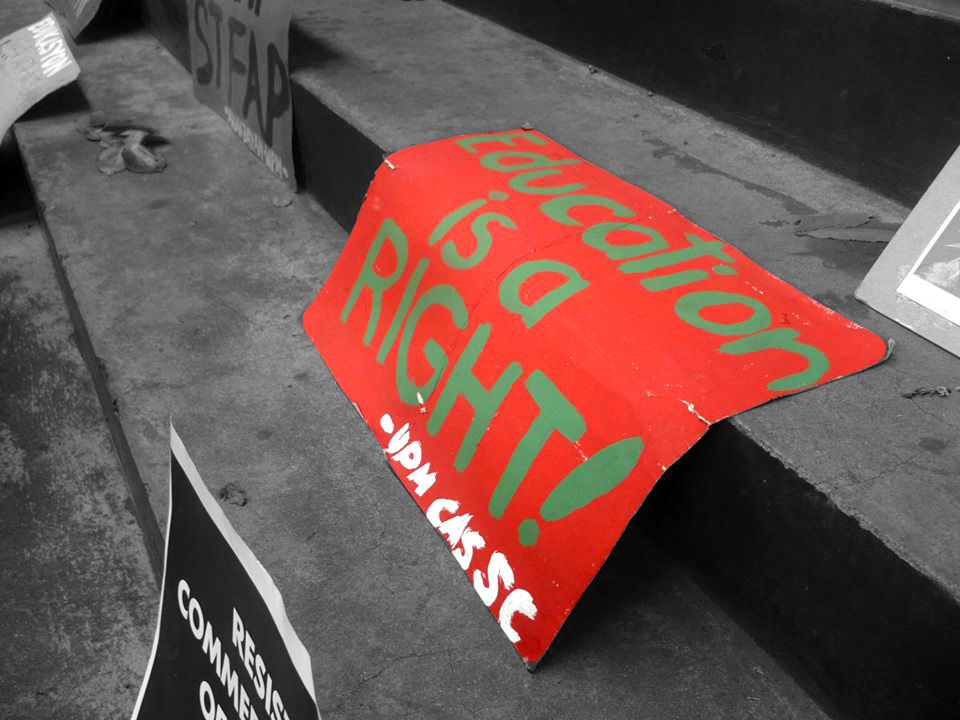Reimagining democracy beyond elections
- ATF News Online

- May 10, 2019
- 2 min read
Opinion by Ferdin Sanchez
Every three years, there is a noticeable spike in the level of involvement on political matters. Social media platforms are marred by rampant political bickering. Casual, everyday conversations turn into heated debates about policies and platforms. Public spaces become arenas of contestation. Every three years, there are elections.
It is often said that free, regular, and fair elections are the manifestations of a functioning democracy. Citizens are encouraged to exercise their right of suffrage to achieve social change. However, every so often, the call to action ends there.
As soon as the election results are out, the waiting game for the next one starts. This fixation on the elections creates a skewed understanding of how democracy works - that the moral responsibility of citizens ends by merely partaking in electoral processes.
While elections remain to be prerequisites for any democracy to exist, relying on it to be the be-all and end-all solution to the country’s political dilemma and the primary force for social change puts unrealistic expectations that are bound to fail.
Elected leaders become messiahs put on a pedestal, establishing a cult of personality which we can never question nor criticize. This is the rhetoric of Duterte and those who came before him: they were elected, therefore, they are “representative” of what the people want. Nevermind that they rarely are; leaders hardly ever hold onto their campaign promises. Even if they do, they are influenced by political forces once in power.
Without a robust democratic environment, it is hard to demand accountability until the next elections. The electoral process becomes a perpetual cycle of hopeful trust and eventual disappointment, as if it never happened before.
Therefore, the inability of elected officials -- and by extension, democracy -- to deliver on its purported promises of representation and reform translates to an increasing disillusionment towards the system. This possibly results to democratic backsliding and the erosion of democratic principles in society.
Addressing the complex problem of the country’s political landscape -- dominance of the elite political families, quid pro quo (i.e. favor for a favor) relations, to name a few -- necessitates an active participation of citizens in politics even after elections. Apathy and indifference are not choices people can afford to make.
A collective insistence on representation and accountability from leaders through activism and lobbying becomes important in creating a culture of checks and balances. It is only when the state is subsumed under the forces of social power, when society actively monitors and participates in state affairs, that democracy is deepened, deliberative, and direct.
If there is any hope for change to happen, there ought to be a reimagination of what democracy means to us that is beyond elections.






Comments